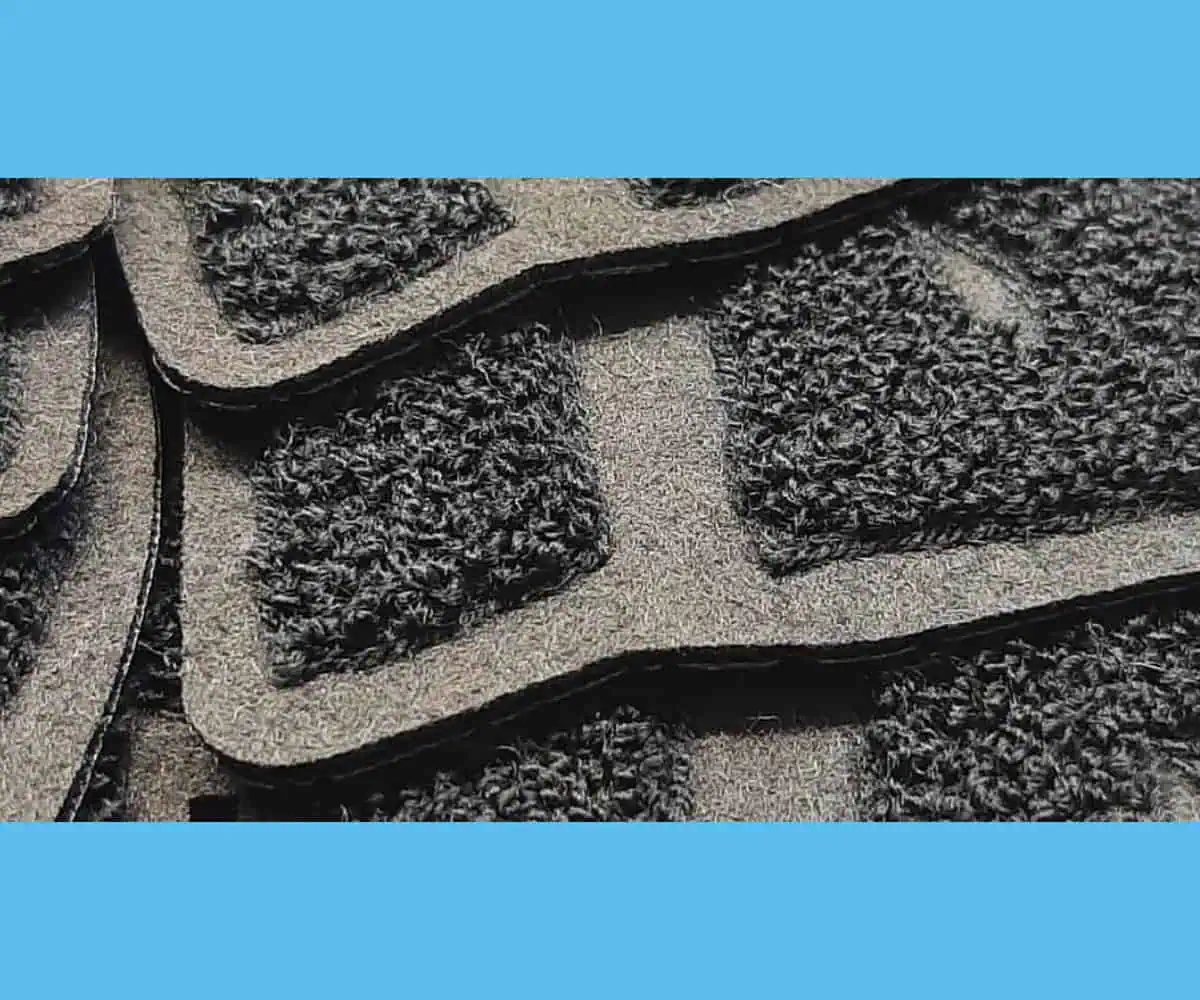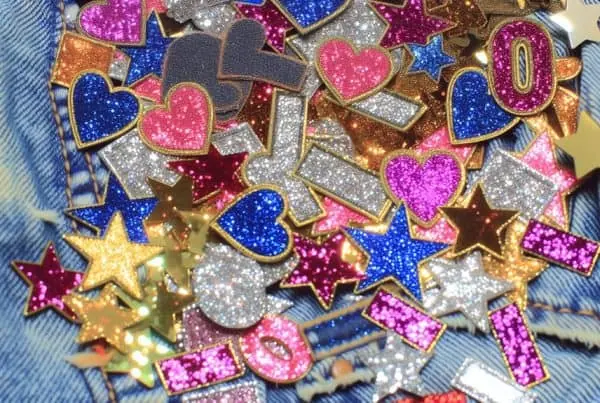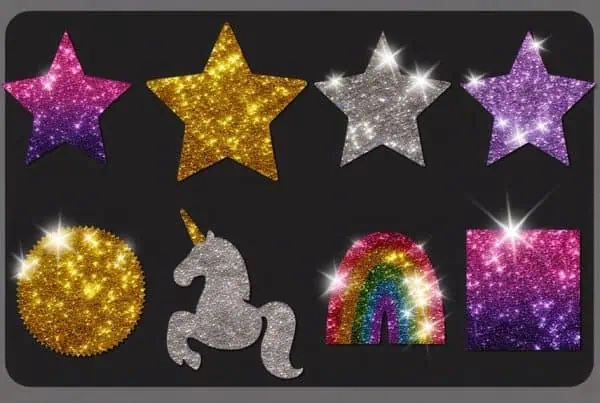Back patches are a great way to get a cool look. They are unique and leave a lasting impression on viewers. Custom-designed patches are more prominent for branding and promotion. In this guide, we will explore the greatest use of back patches, types, and how to get the most out of the least spending. Let’s begin with the types of back patches.
Types of Big BackPatches
#1 Motorcycle Clubs
They display club affiliation, logo, and member rank for users. They are more suitable for leather jackets, vests, and rockers.
#2 Band Patches
They mainly feature custom logos or artwork of music bands, popular among fans of punk, metal, and rock genres.
#3 DIY or Custom Patches
Custom patches are self-made or created through a patch manufacturer for self-expression, with the personal intent of branding and marketing. They come with heat support back, stitch only, velcro stripes, or sticker applications.
#4 Subculture Symbols
Subculture patches represent symbols associated with movements or expressions of socio-political ideologies. They are seen in leather jackets, denim vests, biker jackets, and on large-sized bags, as a user group expression. Now, let us break down the best clothing types on which custom patches look cool on the back.
Types of Jackets Suitable For Back Patches
#1 Leather Jackets
Motorcycle enthusiasts and various subcultures often favor leather jackets. Large back patches on leather jackets can contribute to a rugged and rebellious aesthetic.
#2 Denim Jackets
Denim vests are a popular canvas for self-expression, especially in punk and metal subcultures. Large back patches on denim vests allow for personalized designs, featuring favorite bands, custom artwork, or statements that reflect the wearer’s identity.
#3 Biker Jackets
Biker jackets with back patches are a tradition in the motorcycle community. The patches often symbolize shared values and camaraderie.
Best Size For A Back Patch?
6-Inches
The size of the back patch ranges from 6 inches to 14 inches. A 6-inch size is also used in front of the varsity, but is not common in front or side panels of any other garment.
10-Inches
A 10-inch back patch is considered ideal for any custom design. It can sum up all the possible details, well-versed in both regular embroidery and chenille.
14 To 16 Inches
From 10 to 14 inches is ordered as a preference. Patches Mania recommends that buyers self-measure before processing orders because this big size is sometimes miscalculated.
Best Shape For Back Patches
The shape of a back patch is limitless. You can put any shape of artwork inside the recommended size of 10 inches. It might be a circle, square, rectangle, or cut to the edge.
Age Or Gender Use
There are no age or gender restrictions on buying quality back patches. Even a kid would love his favorite cartoon on the back of his small jacket. For the adult, there are several uses for giving a new, refined look to letterman jackets.
Fast Patch Backing – Ironing On
Ironing on back patches for jackets is faster than patch backing with sewing. You might need a sewing service for extra stitching, however, you can heat press an iron-on-supported back patch on a jacket yourself.
Sewing on a Large Patch to a Jacket
For a reliable attachment, we recommend back patch sewn-on jackets. They are long-lasting and vibrant in placement. Here is a quick step-by-step guide on how to sew on a back patch on a leather jacket. Placement: Pin the patch in the desired location on the back of the coat. Prepare Patch: Fold under any fabric borders and pin the edges. Thread a needle, tie a knot at the end. Start Sewing: Begin sewing with a running or whipstitch along the patch’s edges. Sew around the entire patch, removing pins as you go. Secure End: Tie off the thread securely with a knot and trim excess thread from knots. Inspect and Press: Inspect the attachment, and press with a cool iron if needed.




